In order to effectively track down and monitor criminal activity, law enforcement agencies nationwide are beginning to use some of the most advanced technology including GPS tracking devices and systems.
In the past, officers would have the tedious job of following criminals on foot for days or even months at a time. GPS tracking technology, however, can track a suspect’s movements remotely in near real-time from virtually anywhere through an internet-enabled computer or electronic device such as a smartphone or tablet.
Advancements in technology now allow officers to devote more of their time, money, and resources to solving more crimes faster. Yet, they can still get the detailed information they need without using time-consuming investigative resources or tedious surveillance tactics.
GPS tracking gives law enforcement the edge they need to solve all types of cases. From small crimes to complex criminal cases, tracking a suspect no longer requires an officer to spend a lot of time on stake-outs or patrolling large territories. GPS tracking systems are an enemy of a criminal on the move; within them, data regarding driving and travel history can be stored, recorded, or viewed in near real-time. Devices today are now built to be more compact, covert, and more durable than ever. GPS tracking units ensure that a suspect is monitored, turn by turn, so that law enforcement can gather enough evidence that leads to an arrest.
Live GPS Tracking
Many law enforcement agencies prefer to have access to tracking systems that record data in near real-time in order to stay ahead of the criminals they want to capture. With the powerful combination of cellular communication and satellite imagery, police officers are now able to view up-to-the-minute activity and stake out an offender right from police headquarters or wherever they choose to conduct surveillance.
Smartphones: A Tool for Law Enforcement?
*In a real-life scenario, lawmakers in Tallahassee are focusing on cell phones. More specifically, information on cell phones and if it is legal for law enforcement to search them without warrants.
In today’s age of smartphones, they contain photos, videos, text messages, and GPS data. Increasingly, that information has become tools for law enforcement. In cases across the country, agencies have conducted warrantless searches of phones belonging to people, some of whom did not become suspects.
Rep. Jeff Brandes, a Republican from St. Petersburg, Florida, has filed a bill to ban the practice in Florida. His argument is that cell phones are personal property containing private information and to gain access, law enforcement agencies should have a warrant from a judge.
State courts have expressed varied opinions on the issue in the past.
Increase Productivity, Efficiency, and Accountability
Comet Fleet and Wireless Forms can help improve the efficiencies of any fleet operation. Comet Fleet’s high-performance GPS tracking devices combined with Wireless Forms can increase visibility and productivity into the daily activities of fleet vehicles. They can allow you to:
- Identify locations of fleet vehicles or cargo
- Review idle and stop times
- Expedite dispatching
- Improve fleet routing efficiency
- Reduce theft of high-value assets
- Ensure equipment is located at the job site
- Send paperless forms from the field to the office
- Track trends to make better future business decisions
*Information obtained from: Bay News 9, Friday, February 15, 2013
Have any questions on how Actsoft can help you?
















 Encore & Geotab Drive
Encore & Geotab Drive
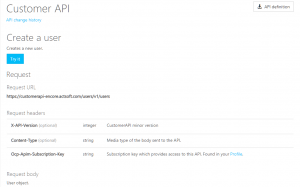


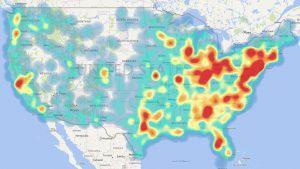
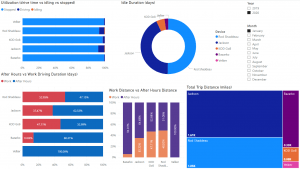
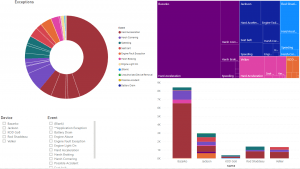
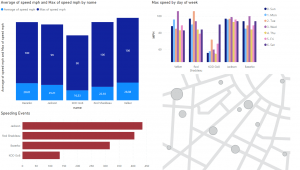
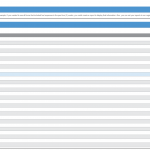

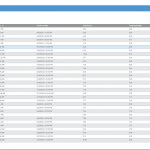
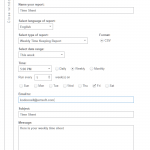


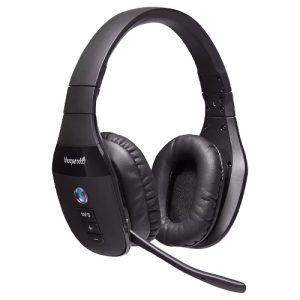
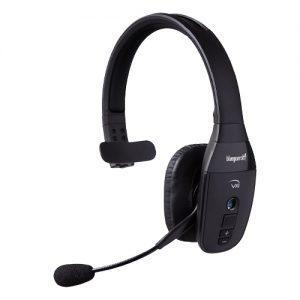



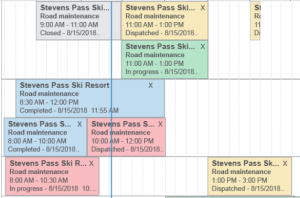
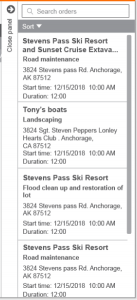
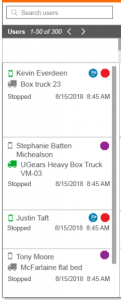
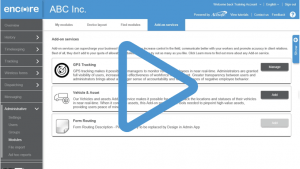

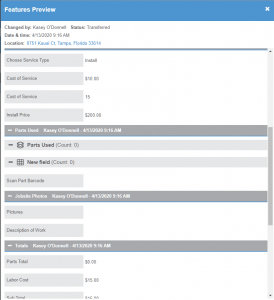
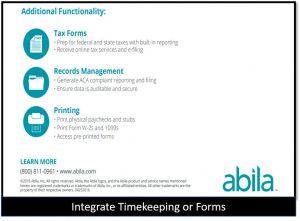
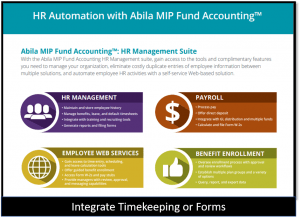

 Gain even greater insight into the daily activities of your fleet using the combination of Geotab and Actsoft. Geotab devices provide detailed data collection and seamless integration with our solutions; learn more about the ways your vehicles are being used daily with the power of this tandem.
Gain even greater insight into the daily activities of your fleet using the combination of Geotab and Actsoft. Geotab devices provide detailed data collection and seamless integration with our solutions; learn more about the ways your vehicles are being used daily with the power of this tandem.



 Actsoft partnered with Odin to provide our solutions overseas, through payment processing integrations. Odin helps us support user management for our software; customers can also purchase our products through Odin’s billing platform.
Actsoft partnered with Odin to provide our solutions overseas, through payment processing integrations. Odin helps us support user management for our software; customers can also purchase our products through Odin’s billing platform.

 VisTracks powers our Electronic Logging Device (ELD) solution, which enables transportation businesses to easily automate their hours of service logs, remain in governmental compliance, and reduce their potential to incur costly fines.
VisTracks powers our Electronic Logging Device (ELD) solution, which enables transportation businesses to easily automate their hours of service logs, remain in governmental compliance, and reduce their potential to incur costly fines. Integration between Actsoft solutions and BeWhere’s software products is available. Take your team’s asset tracking, cellular data connectivity, and field insight a step further with effective, cross-application compatibility.
Integration between Actsoft solutions and BeWhere’s software products is available. Take your team’s asset tracking, cellular data connectivity, and field insight a step further with effective, cross-application compatibility.
 CalAmp tracking devices for vehicles and assets alike are compatible with Actsoft solutions, making it easy for you to efficiently monitor your equipment and fleet cars. Help your team enhance accountability, safety, and savings through a combination of easily installed hardware and intuitive software.
CalAmp tracking devices for vehicles and assets alike are compatible with Actsoft solutions, making it easy for you to efficiently monitor your equipment and fleet cars. Help your team enhance accountability, safety, and savings through a combination of easily installed hardware and intuitive software. Our partnership with Uniden is ideal for companies looking to gain advanced diagnostics on their fleets. Uniden’s extensive product listing of car electronics like radios, dash cams, radar detectors, and in-vehicle communicators work in concert with Actsoft’s solutions to better connect your vehicles to the company headquarters.
Our partnership with Uniden is ideal for companies looking to gain advanced diagnostics on their fleets. Uniden’s extensive product listing of car electronics like radios, dash cams, radar detectors, and in-vehicle communicators work in concert with Actsoft’s solutions to better connect your vehicles to the company headquarters. Kyocera offers a wide range of mobile devices, ranging in design from traditional phones to ultra-durable handset technology. Actsoft is able to equip organizations in a variety of different industries with solutions for improved business, while Kyocera supplies the technology they can flawlessly operate on.
Kyocera offers a wide range of mobile devices, ranging in design from traditional phones to ultra-durable handset technology. Actsoft is able to equip organizations in a variety of different industries with solutions for improved business, while Kyocera supplies the technology they can flawlessly operate on.

 Our software is the perfect complement to Apple’s user-friendly technology. Equip your workforce with the devices and solutions it needs for optimized productivity during daily operations with Apple and Actsoft.
Our software is the perfect complement to Apple’s user-friendly technology. Equip your workforce with the devices and solutions it needs for optimized productivity during daily operations with Apple and Actsoft.
 Actsoft and Sanyo teamed up to merge intuitive business management software with the technology of today. This partnership allows us to provide you with all the tools your team needs for improved workflows, better coordination, and optimized productivity.
Actsoft and Sanyo teamed up to merge intuitive business management software with the technology of today. This partnership allows us to provide you with all the tools your team needs for improved workflows, better coordination, and optimized productivity. Motorola’s mobile technology works in tandem with our solutions to provide extra versatility to your business practices. Coupled with our software’s features, Motorola’s reliable devices make connecting your workforce simpler than ever to do.
Motorola’s mobile technology works in tandem with our solutions to provide extra versatility to your business practices. Coupled with our software’s features, Motorola’s reliable devices make connecting your workforce simpler than ever to do. We’re able to bundle certain solutions of ours (including our Electronic Visit Verification options) with Samsung devices to help your team achieve as much functionality as possible, while keeping rates affordable. Use these combinations for accurate recordkeeping, improved communication, and smarter data collection in the field.
We’re able to bundle certain solutions of ours (including our Electronic Visit Verification options) with Samsung devices to help your team achieve as much functionality as possible, while keeping rates affordable. Use these combinations for accurate recordkeeping, improved communication, and smarter data collection in the field.